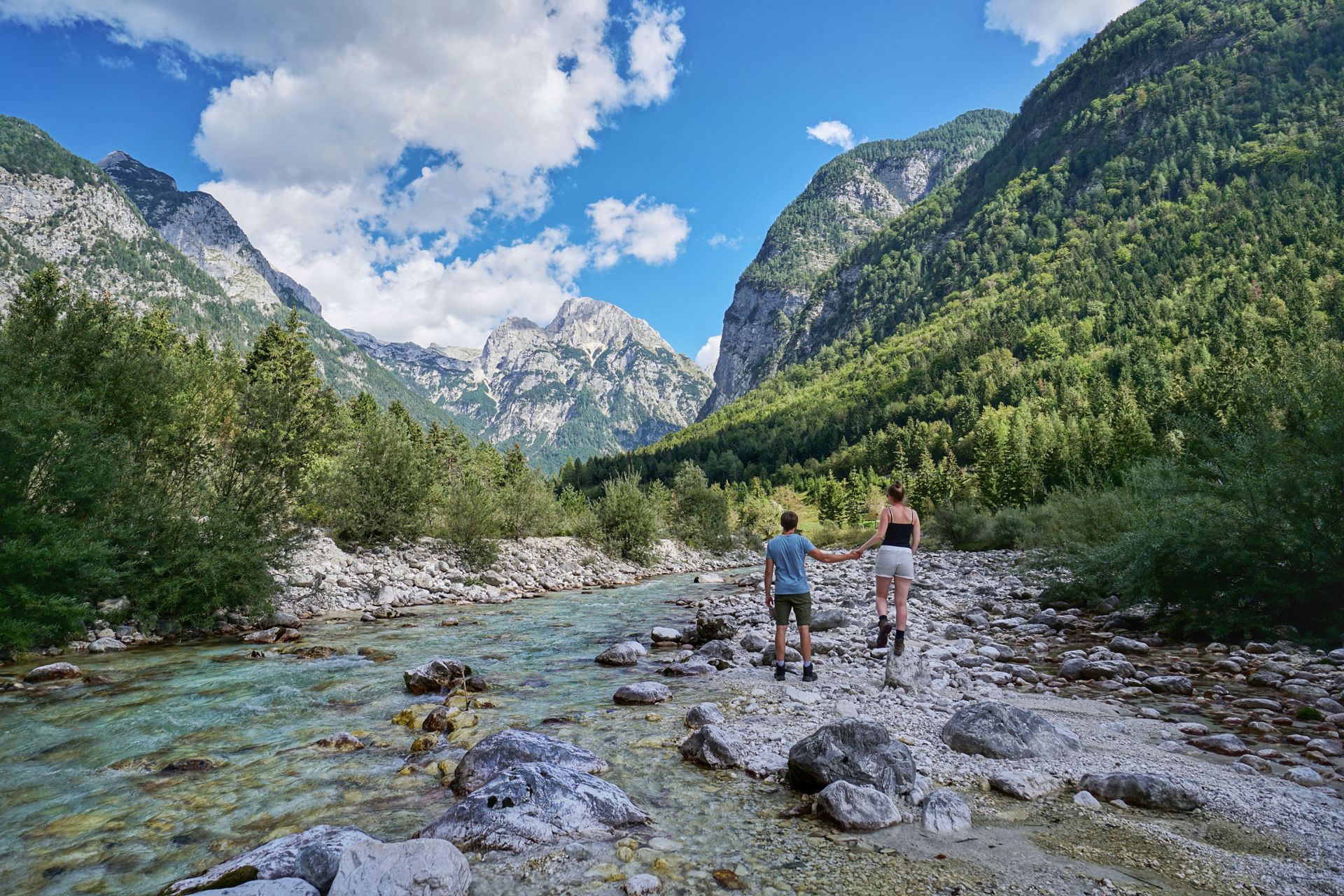Second stop: Peru, Part 1: Culture shock in Lima
प्रकाशित: 13.11.2018

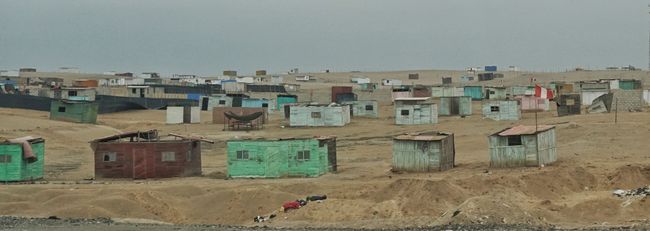
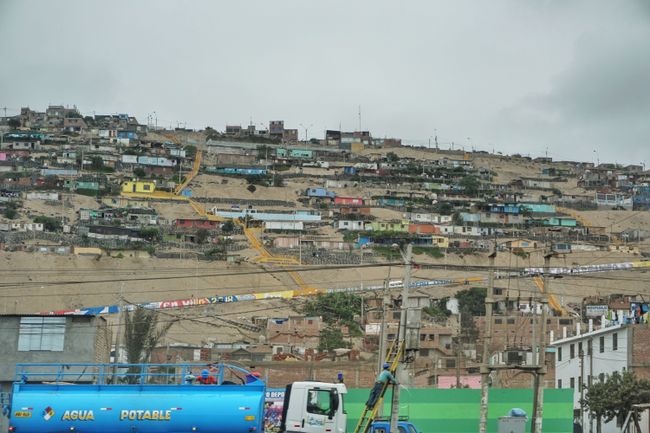
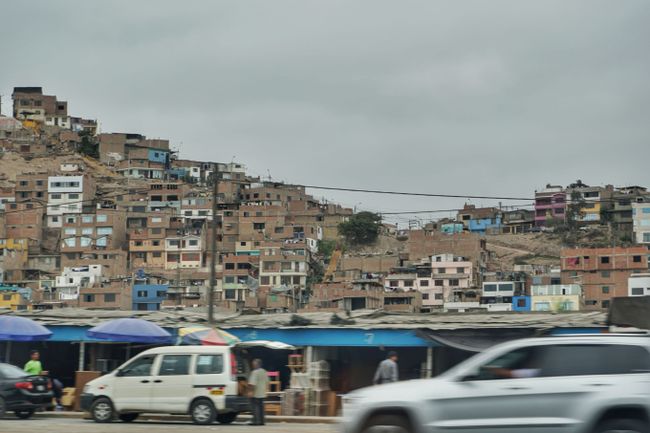
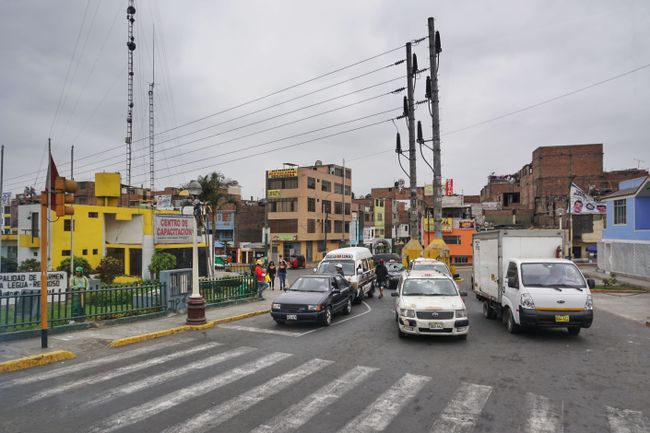
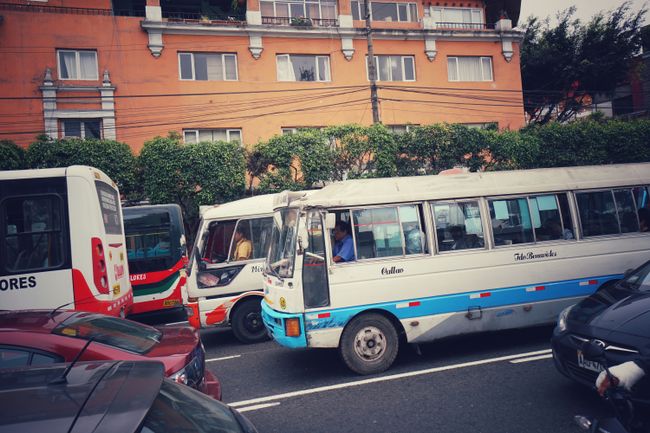
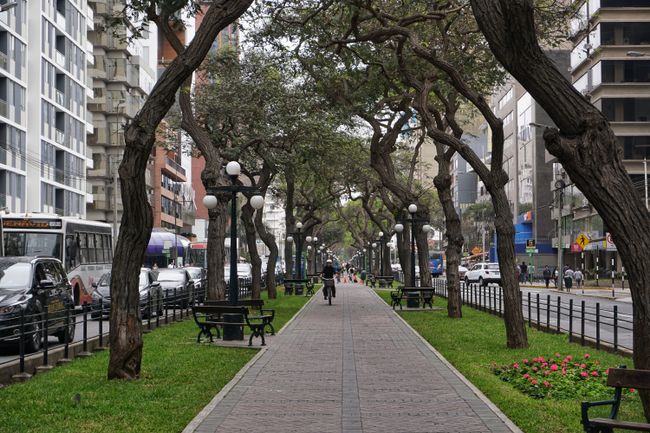
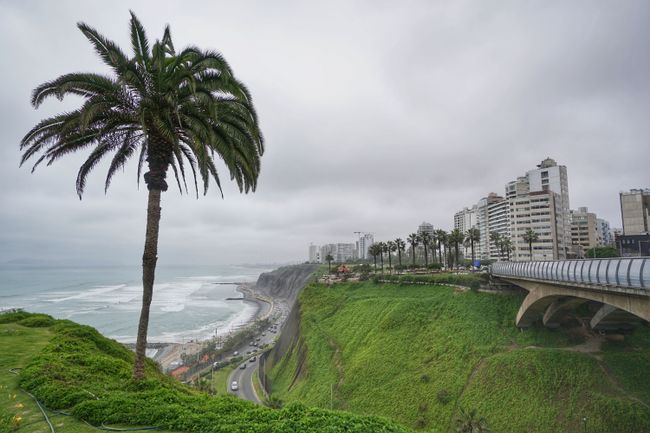

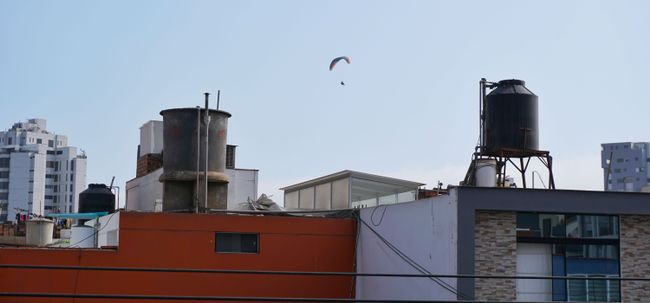


समाचार पत्रिका के लिए सदस्यता लें
We knew that we wanted to go back to the basics, but we were not aware that we would be so suddenly and brutally confronted with the true basics of life in Peru. When you read about this country, poverty is often only mentioned in passing and the focus is mainly on the attractions. However, experiencing real poverty is a big part of the experience here. Lima, with its 10.5 million inhabitants, is a very noisy, turbulent, and unfortunately also very neglected and poor metropolitan area. Due to high rural unemployment and the reassuring advertising for Lima, many Peruvians have given up everything in the countryside and moved to the city (literally) to start a better life there. However, once they arrive, they cannot afford accommodation, which has led to the formation of huge slums made of cardboard and corrugated iron without water and electricity supply around the city center. These "pueblos jóvenes" continue to grow and offer little future prospects for their residents.

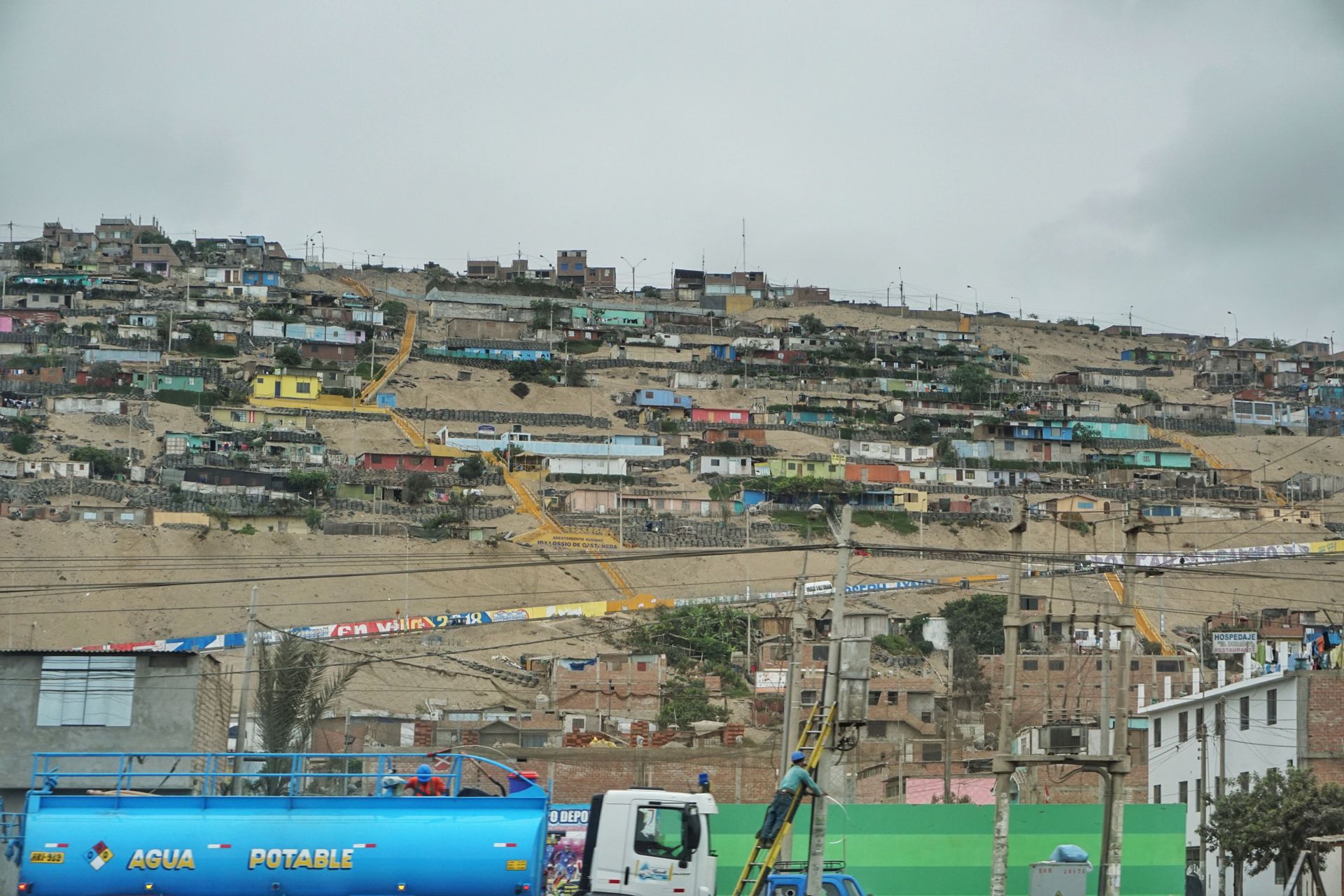
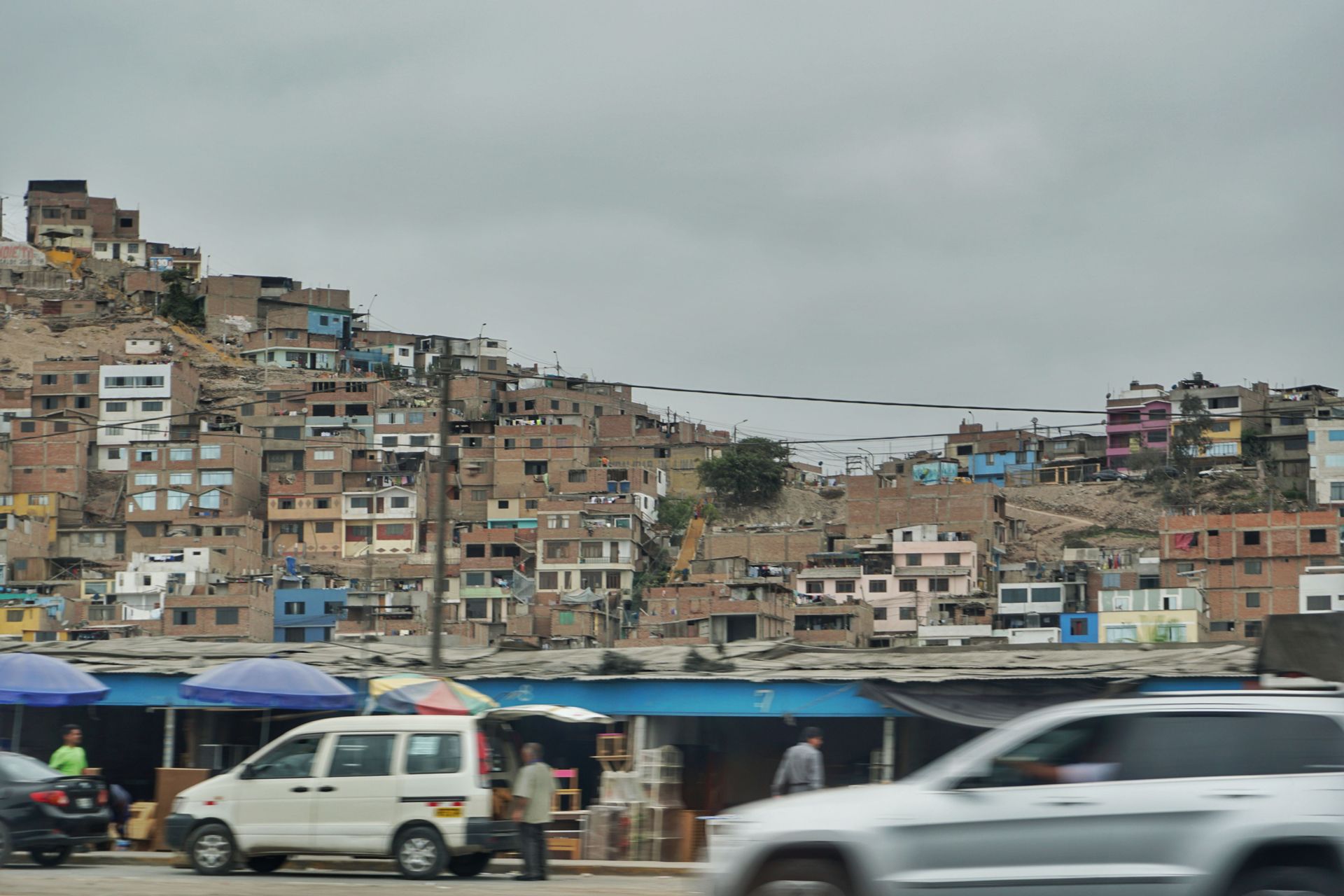
Not surprisingly, the city center of Lima is hardly comparable to a European city, as there are houses made of stone, but most of them do not have roofs, facades, or other extras like plants or even gardens. In addition, there is an absolute traffic chaos throughout Lima, which not only challenges tourists but also locals. However, the frequently self-built and/or dilapidated vehicles, which are driven due to the low standard of living, are amusing.
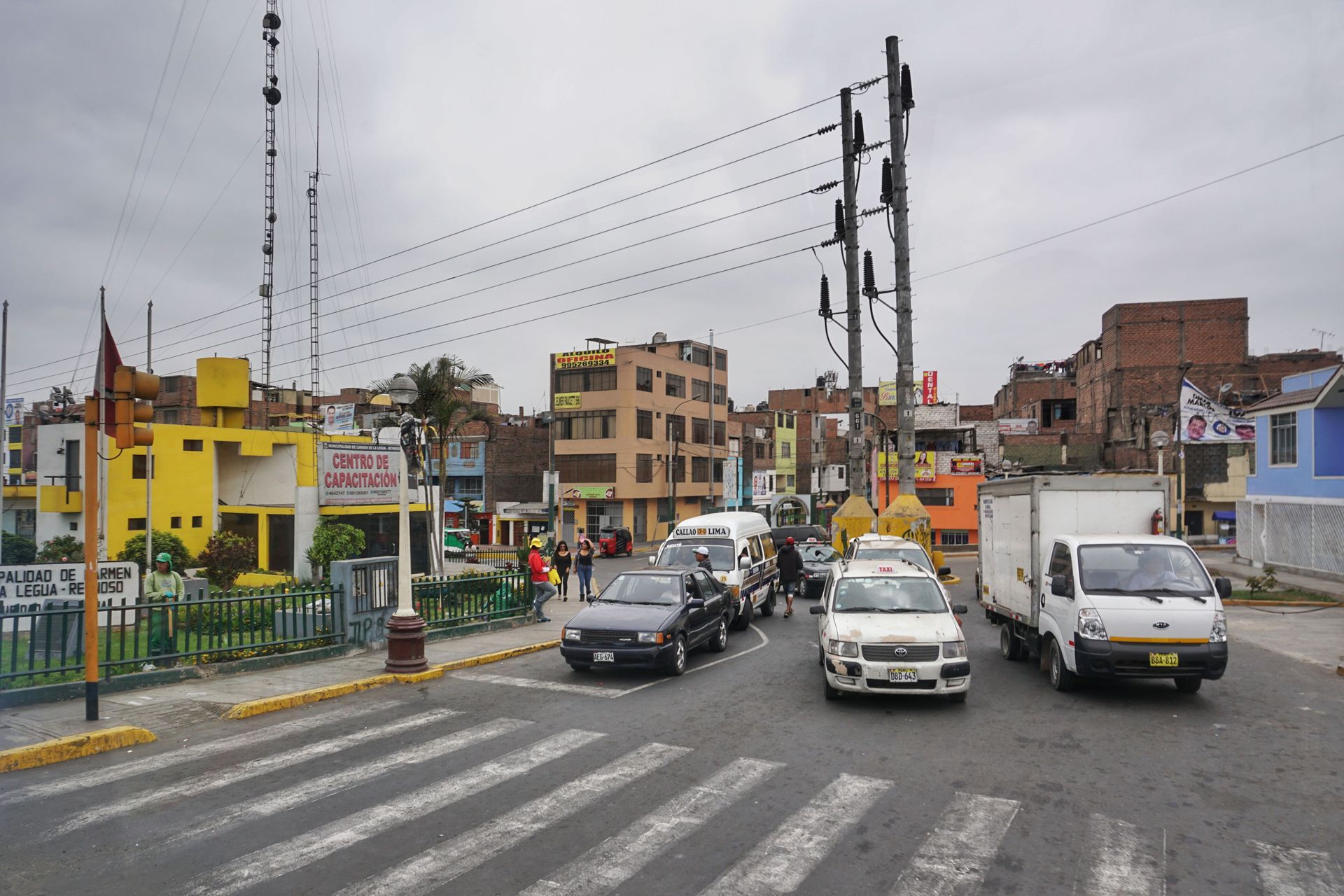

Since Lima is located by the sea, the city has made an effort to at least use and make the most of this part, which is why the elevated beach promenade offers a beautiful refuge for locals and tourists. Among other things, it impresses with its "Parque del Amor," a launch site for paragliders, and a large green area with a lighthouse, flowers, and many dogs. In addition, the shops have taken advantage of the popular location, so in the vicinity of the beach promenade, you can find small treasures like a winding and lovingly designed bookstore.






As if this little culture shock wasn't enough, we experienced firsthand what it's like to be ripped off due to our obvious ignorance of the local rules. So we started the odyssey of picking up our rental car: To pick up the rental car, we had to go back to the airport from the city center on the second day of our stay in Peru, which we did by taking the bus, which of course did not stop on our side of the four-lane road as indicated. So after running across the street with all our luggage and getting on the bus, no one could help us at the airport find the headquarters of our rental car company. The location was indicated on the internet as "Inside Terminal," but Google Maps showed a location opposite the airport in the slum area. After a very nice lady also confirmed that we had to go to this area, we made our way there. Once there, we found out that the company no longer exists and their orders are managed by Hertz. Hertz, of course, has its headquarters inside the terminal. Completely frustrated, we finally arrived at the car rental agency after asking more questions (by the way, right next to the nice lady who had sent us to the slum area). The very competent Hertz lady (we hope the sarcasm is understood here) then explained to us that she could not give us the rental car we had booked because it was "not stable enough" to be driven outside Lima. When Jan asked how it was possible to rent cars that cannot be driven on paved roads, suddenly she couldn't speak English anymore. After an endless argument with this woman, in which she not only tried to sell us a more expensive rental car but also lied about the limit of our credit card to squeeze even more money out of us, she was about $200 richer and we had a larger car. Oh no, that's not quite true, because after we paid, we were informed that this car was not currently available and we could get it the next day. At this point, Natalie was so upset that she couldn't hold back her tears, which prompted our neighbors, about 15 surfers who had also had a very long and heated argument with a Hertz employee, to step in and go behind the counters with four men to put pressure on them. For outsiders, we must have looked like a pretty amusing sight: 15 surfers and 2 loaded backpackers arguing with two 1.50m tall rental car company employees. This story could go on endlessly, but in the end, we were finally driven to our rental car in the outskirts of Lima by two somewhat shady men to complete the car handover. So we could finally get on our way out of Lima as quickly as possible.
To be honest, we can now laugh about this experience and feel enriched in a way because we now know that such unpleasant experiences can happen on our journey without killing us. But the car rental company will still receive an angry message from us ;D
And one last positive thing: It can only get better. And we can already say in advance: It did get better every day (well, until now)!
Song of Lima: Don't worry, be happy - Bobby McFerrin

समाचार पत्रिका के लिए सदस्यता लें
उत्तर (1)
Dave
The cat looks quite happy.
Great photos! 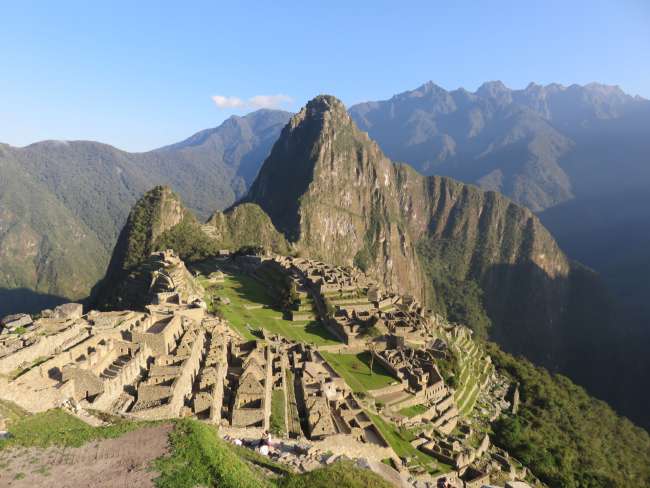
यात्रा रिपोर्ट पेरू
